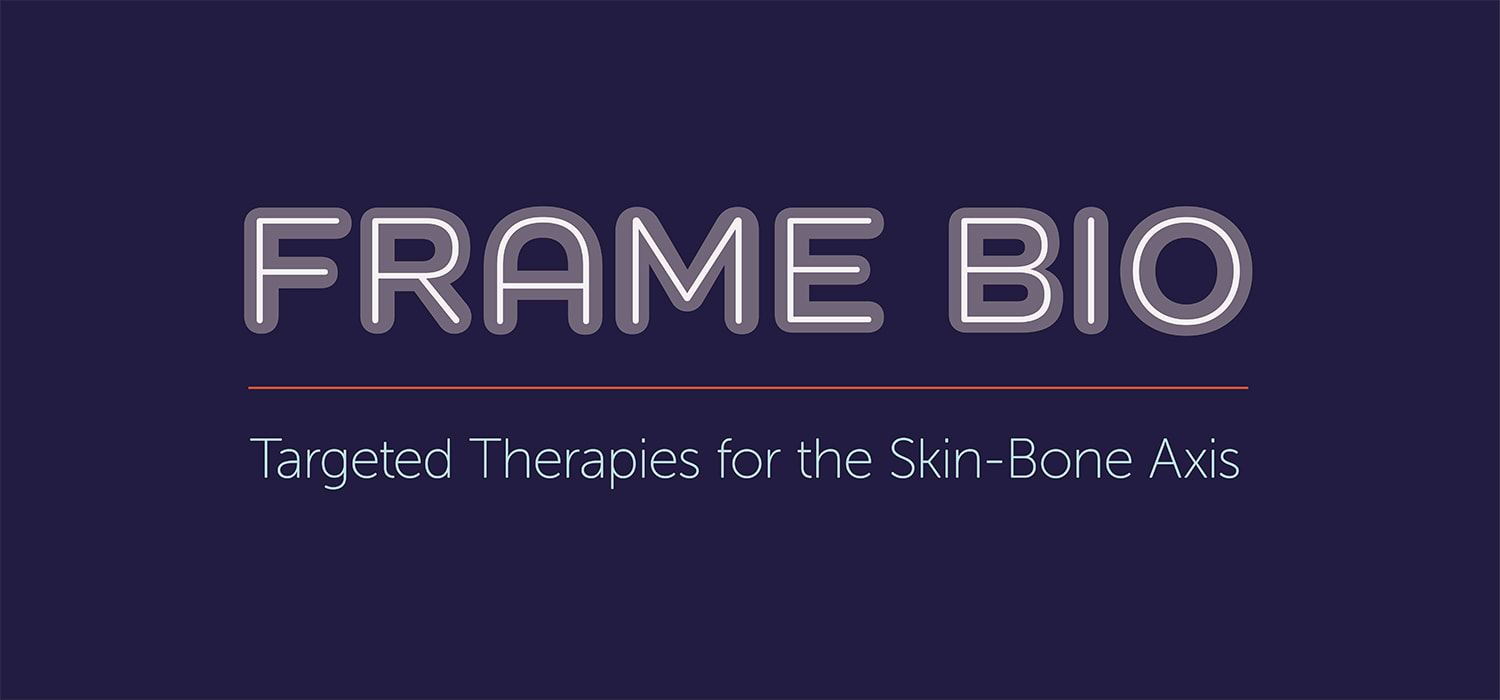
Frame Bio, a biotechnology company developing therapeutics for structural diseases and disorders, announced today an exclusive licensing agreement with Mercury Bio, a drug delivery company leveraging its novel extracellular vesicle (EV) drug encapsulation technology platform (yEV™) to transport therapies directly to cells using a unique form of exosome, a smaller subtype of EV. Exosomes serve as the body's natural transport system for cellular communication. Through the use of customized targeting ligands, these yEVs™ can distribute therapeutic cargos to cells more directly and with greater potency, potentially offering fewer side effects than currently available delivery methods.
Under the terms of the agreement, Frame Bio can utilize the yEV™ platform to develop a broad range of regenerative therapeutics that accelerate bone healing and restore collagen. It will also have access to Mercury Bio’s research and development team to conduct IND-enabling activities for each indication. In turn, Mercury Bio will receive development fees paid against research milestones, as well as licensing fee percentages for all resulting products that enter commercial markets.
Frame Bio’s bone therapeutic candidates will incorporate Mercury Bio’s novel method of EV drug encapsulation with hydroxyapatite, a form of calcium found naturally in bones and teeth, to enhance the binding of osteo-inductive proteins at injury sites where they can promote natural bone growth. One such protein, BMP-2, is a type of bone morphogenic protein currently approved by the FDA to help heal certain fractures and to support spinal fusion surgery.
The yEV™ platform also serves as the foundational technology behind Frame Bio’s collagen regeneration research. Collagen is the most abundant protein in the human body and is a major structural component of skin, connective tissue, and organs. Aging brings about natural collagen loss, heightening the risk of injury and discomfort to skin, bones, and cartilage. Frame Bio aims to advance collagen therapies that reverse some of the degradation that occurs naturally with aging. If successful, such therapies will offer a treatment path that extends well beyond symptom management to address the root cause of various types of structural inflammation and pain.
Initially, both the bone regeneration and collagen regeneration therapies are being designed for direct delivery of mRNA payloads to the wound or pain site, and will remain in the pre-clinical research phase for the year ahead. At the same time, Frame Bio intends to continue expanding its product pipeline through strategic research and development partnerships with other pharmaceutical companies focused on biologics addressing skeletal and connective tissue conditions.
FRAME BIO
Founded in 2024 by an initial investment from Barson Corporation, Frame Bio designs therapies that target conditions affecting the skin-bone axis. The company’s research acknowledges the intricate relationship between skin and bones, which share cellular origins, a reliance on collagen, and common physiological pathways. Their work focuses on three key areas: collagen regeneration, accelerated bone healing, and inflammation reduction.
MERCURY BIO
Sparked by scientific breakthroughs in genomic research, Mercury Bio has developed a next-generation biomolecular drug delivery platform. The technology prioritizes safety and efficacy while reducing side effects by employing cell-specific targeting using a novel system for drug encapsulation in biological vesicles. The result is an advanced drug delivery system in a scalable, low-cost production platform that helps unlock the potential of protein therapeutics, RNA therapeutics, and small-molecule drugs.
